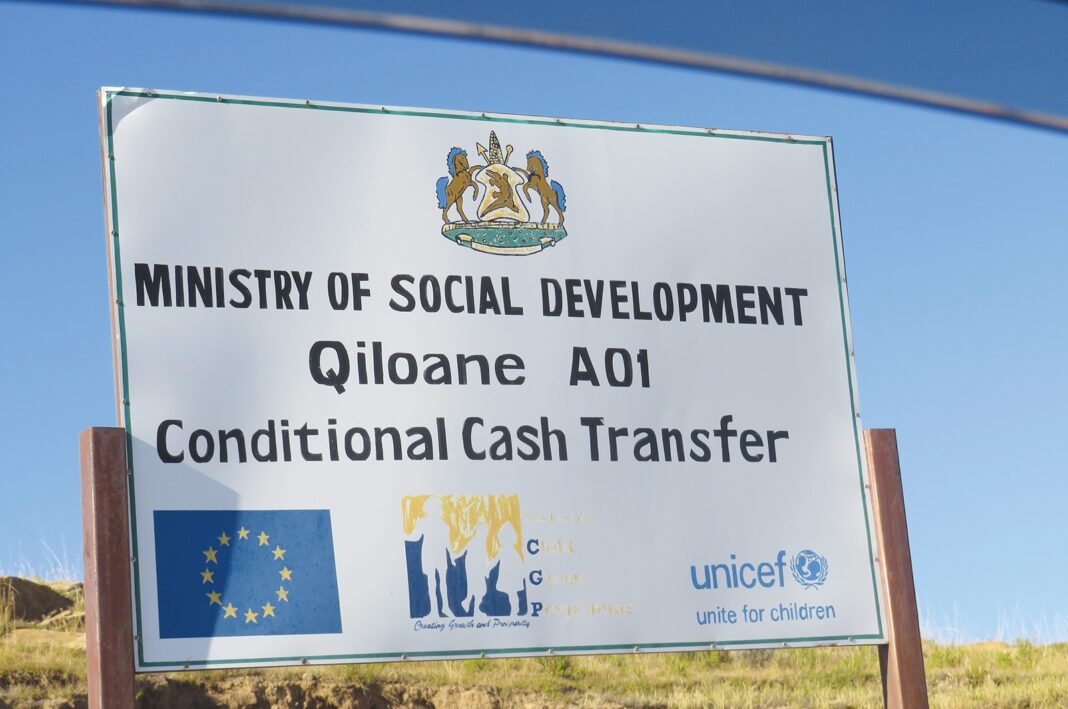Good news. The government has finally taken a giant step towards entrenching democracy by introducing the Local Government Bill which amends the original law of 1997.
This Bill goes a long way towards decentralisation of power, something we have all be clamouring for. This is a bold and commendable step on the part of the government.
Experts define decentralisation as the process of political devolution, fiscal and decision-making from central government to local level. This transfer of powers to local level makes this important process difficult to realize.
Decentralization of local government is a very important process for the democratic development of a country.
This reform is stretched almost democratisation worldwide, mainly in developing countries and in countries which come from deep political transformations.
Decentralisation of power is made to challenge the monopoly of central government decision-making. This reform aims to make a more stable democratic system; increase government efficiency and effectiveness; stimulate the creation of a stable basis for economic development in local and national level; make more transparent governance; involvement of citizens in decision-making.
Decentralisation strengthens the principle of transparency and accountability. The principle of accountability works best at local level, devolution of power makes government more accountable for the implementation of its tasks. Decentralisation also increases the level of citizen participation in making major decisions and directly affecting the community. As an integral part of democratisation, this process is closely linked with the strengthening of citizen participation in decision making. The principle of sub solidarity or rule closer to its citizens is the basic concept of decentralisation.
Big ups to the government.









